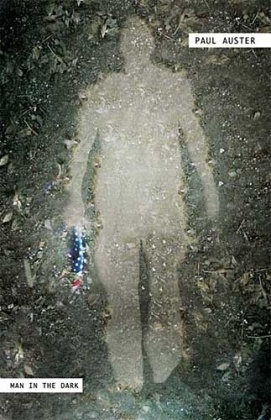Read more
Seventy-two-year-old August Brill is recovering from a car accident in his daughter's house in Vermont. When sleep refuses to come, he lies in bed and tells himself stories, struggling to push back thoughts about things he would prefer to forget-his wife's recent death and the horrific murder of his granddaughter's boyfriend, Titus. The retired book critic imagines a parallel world in which America is not at war with Iraq but with itself. In this other America the twin towers did not fall and the 2000 election results led to secession, as state after state pulled away from the union and a bloody civil war ensued. As the night progresses, Brill's story grows increasingly intense, and what he is so desperately trying to avoid insists on being told. Joined in the early hours by his granddaughter, he gradually opens up to her and recounts the story of his marriage. After she falls asleep, he at last finds the courage to revisit the trauma of Titus's death.
About the author
Paul Auster, 1947 als Nachkomme eingewanderter österreichischer Juden in Newark, New Jersey geboren, studierte Anglistik und vergleichende Literaturwissenschaft an der Columbia University New York (B.A. und M.A.) und fuhr danach als Matrose auf einem Öltanker zur See. 1971 - 74 lebte er in Frankreich, hauptsächlich in Paris. Nach seiner Rückkehr in die USA nahm er einen Lehrauftrag an der Columbia University an und arbeitete zusätzlich als Übersetzer französischer Autoren (Blanchot, Bouchet, Dupin, Joubert, Mallarmé, Sartre) sowie als Herausgeber französischer Literatur in amerikanischen Verlagen. Paul Auster lebt in Brooklyn, New York, ist mit der Schriftstellerin Siri Hustvedt verheiratet und hat zwei Kinder. Er erhielt Stipendien der National Endowment for the Arts (1977 für Lyrik, 1983 für Prosa), den France Culture Prix Etranger (1988) und den Morton Dauwen Zabel Award (1990). 2006 erhielt er den Prinz-von-Asturien-Preis in der Sparte Literatur.

